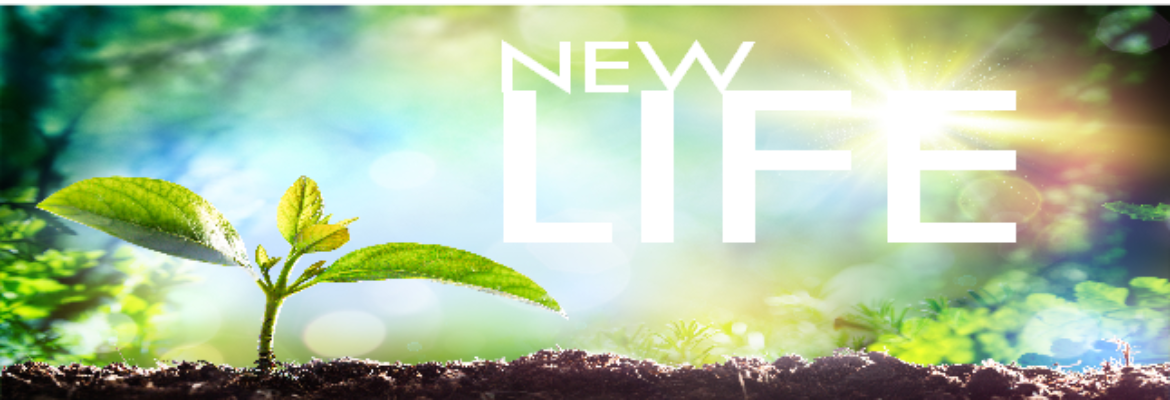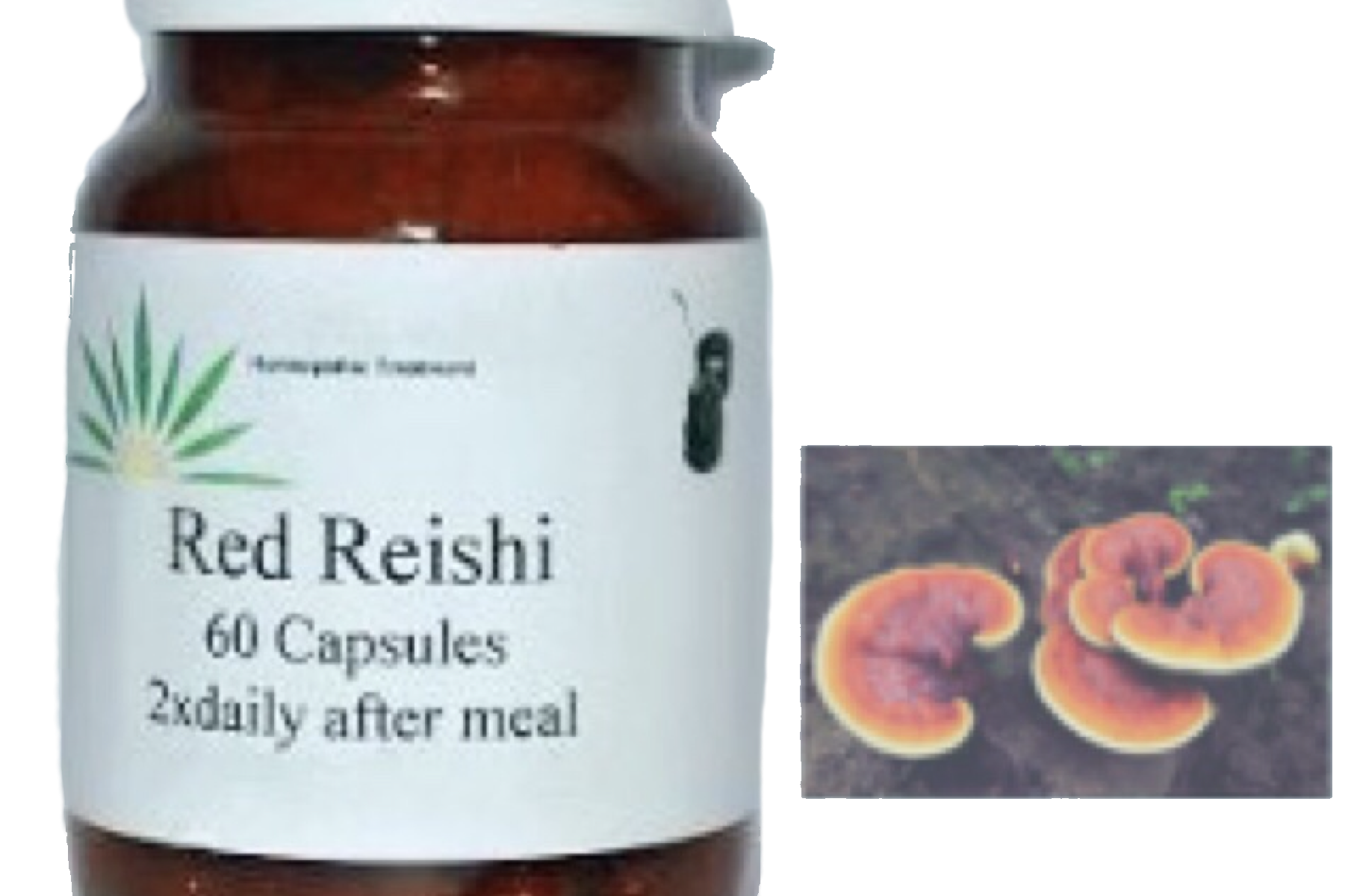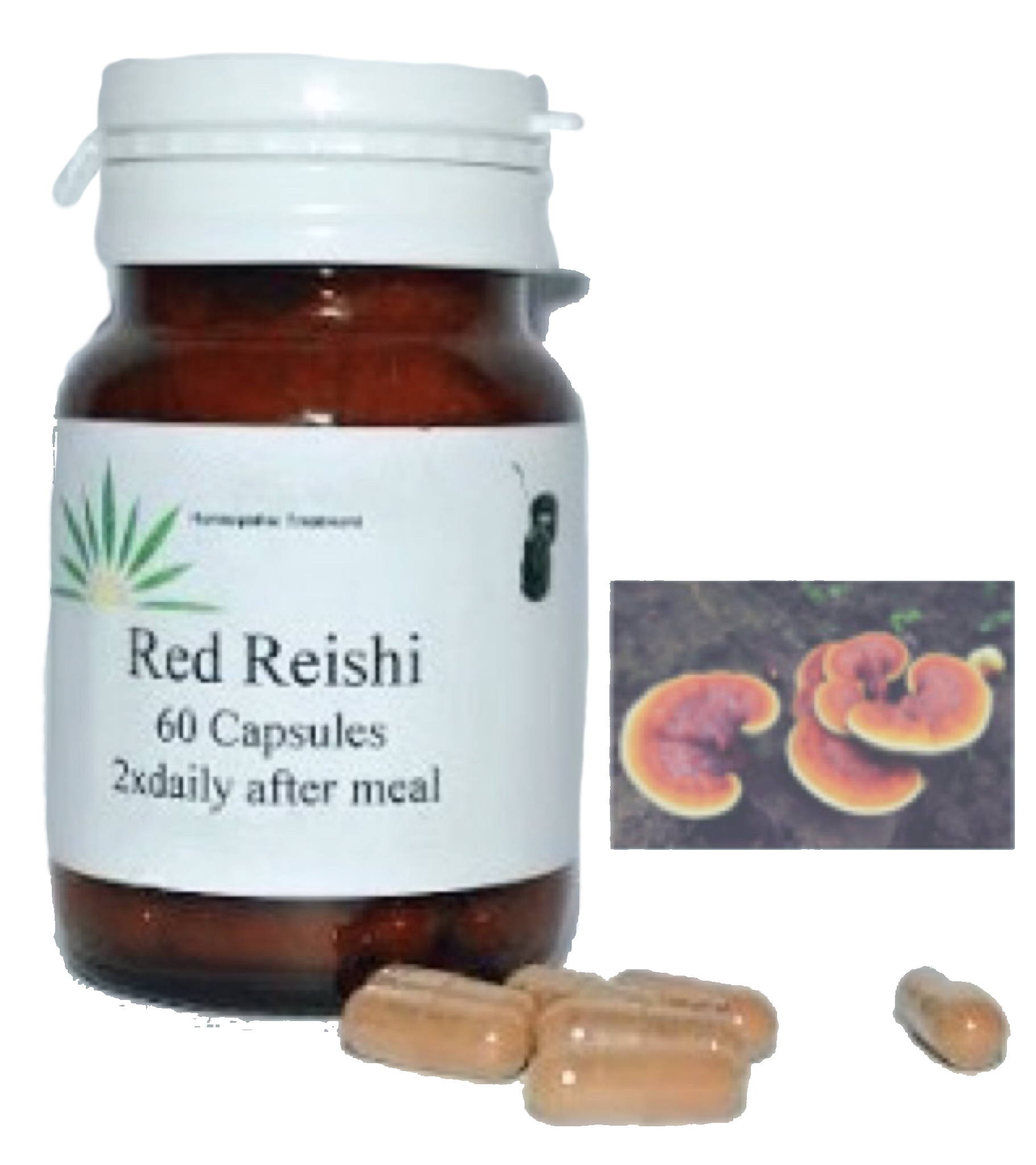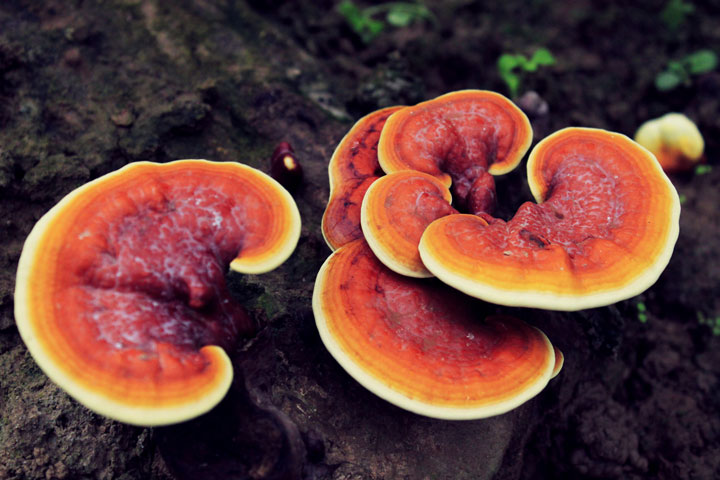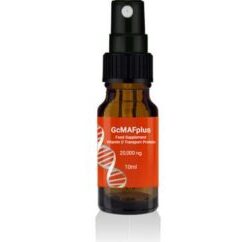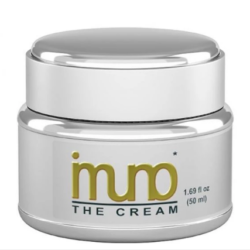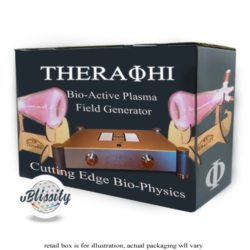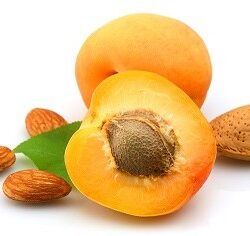Description
The benefits of Reishi mushrooms are so well known and proven that you can get them in forms that are much more convenient that slicing them up and cooking with them.
Here is a list of the benefits that Reishi mushrooms have as a daily dietary supplement or in helping to treat certain medical conditions:
• These mushrooms are very strong antioxidants. Antioxidants protect the body from the negative effects of free radicals that are formed inside the body by daily exposure to the sun, chemicals, and pollutants. Reishi’s are proven to boost the immune system, especially when taken with other antioxidant supplements.
• It is believed that Reishi mushrooms can suppress the growth of tumors in people with cancer by stopping the ability of cancer cells to call for more oxygen. It can reinforce the membranes in cancerous cells to keep the tumor from spreading. For this reason, they are often used in efforts to prevent cancers.
• Reishi’s are also beneficial for people suffering from asthma and other respiratory conditions because it seems to have a healing effect on the lungs. They are good for building respiratory strength and curbing a cough.
• Reishi mushrooms have anti-inflammatory properties and are therefore used sometimes for patients who have Alzheimer’s and heart disease. This is based on the idea that inflammation plays a part in each of these conditions. The pain that accompanies other inflammatory conditions like neuralgia and arthritis may also be lessened by reishi mushroom supplements.
• As far as benefits for the heart, Reishi mushrooms can improve the flow of blood to the heart and reduce the amount of oxygen the heart consumes. It can help to lower cholesterol and some of the ingredients may help combat high blood pressure.
Studies – For Nerve Support:
Reishi mushrooms have been traditionally recommended by Chinese and Japanese herbalists for insomnia due to their “sleep-promoting factor”. (1)Long-term use causes a significant promotion of slow wave sleep(1).
Reishi mushrooms are recommended in China for a number of psychiatric and neurological afflictions, including cases involving the muscles, anorexia, and debility following lengthy illnesses.(3)
In Japan, the dried “mycelium” of Reishi the root-like body that produces mushrooms has been found to be highly effective in the treatment of neuroses caused by “environmental stress”.(1) In addition, in an eight-month study of Alzheimer’s disease, patients taking a Reishi mycelium product demonstrated significant improvement.
In China, Reishi is used for its muscle relaxing and analgesic (pain-inhibiting) effects. In one study, Reishi alleviated anxiety in 18 of 20 patients after four months’ use. It was concluded that the mushroom has an essentially “calmative function”, but is neither a narcotic nor a hypnotic.
Beliefs:
The Eastern world has been using Reishi for thousands of years, particularly in China and Japan. Even the ancient kings and emperors drank Reishi tea because it was believed that its properties encouraged vigor and long life. They also thought that the tea would increase their wisdom and happiness.
The use of Reishi has reached the Western world where these days people are making elixirs from the mushroom for the purpose of promoting vitality and longevity and sometimes treatments.
Compounds studied:
So exactly what is it in Reishi mushrooms that give it so many health benefits? Scientists have learned one active ingredient is polysaccharides, which contain beta glucan. Beta glucan is known for its ability to enhance the immune system – in fact it is one of the strongest immune system supplements there is.
Another ingredient in Reishi is triterpenes. The type found in Reishi mushrooms is a ganoderic acid that has been proven in studies to ease the symptoms of allergies by stopping the release of histamines. It also can improve the body’s use of oxygen and help the liver function better.
Dosage:
The recommended dose when using Reishi mushrooms as a dietary supplement is 150 to 900 mg if taken in tablet or capsule form (or 1.5 to 9 grams of the dried variety)
side effects from Reishi are rare, but some people who take them for a period of several months may experience dry mouth, dizziness, stomach issues, or thinning of nasal membranes.
1. Kenneth J. REISHI: Ancient herb for modern times. Sylvan Press, 1992.
2. Wasson RG. Divine mushroom of immortality. Harcourt, Brace, Jovanovich, Los Angeles, 80-93, 1968.
